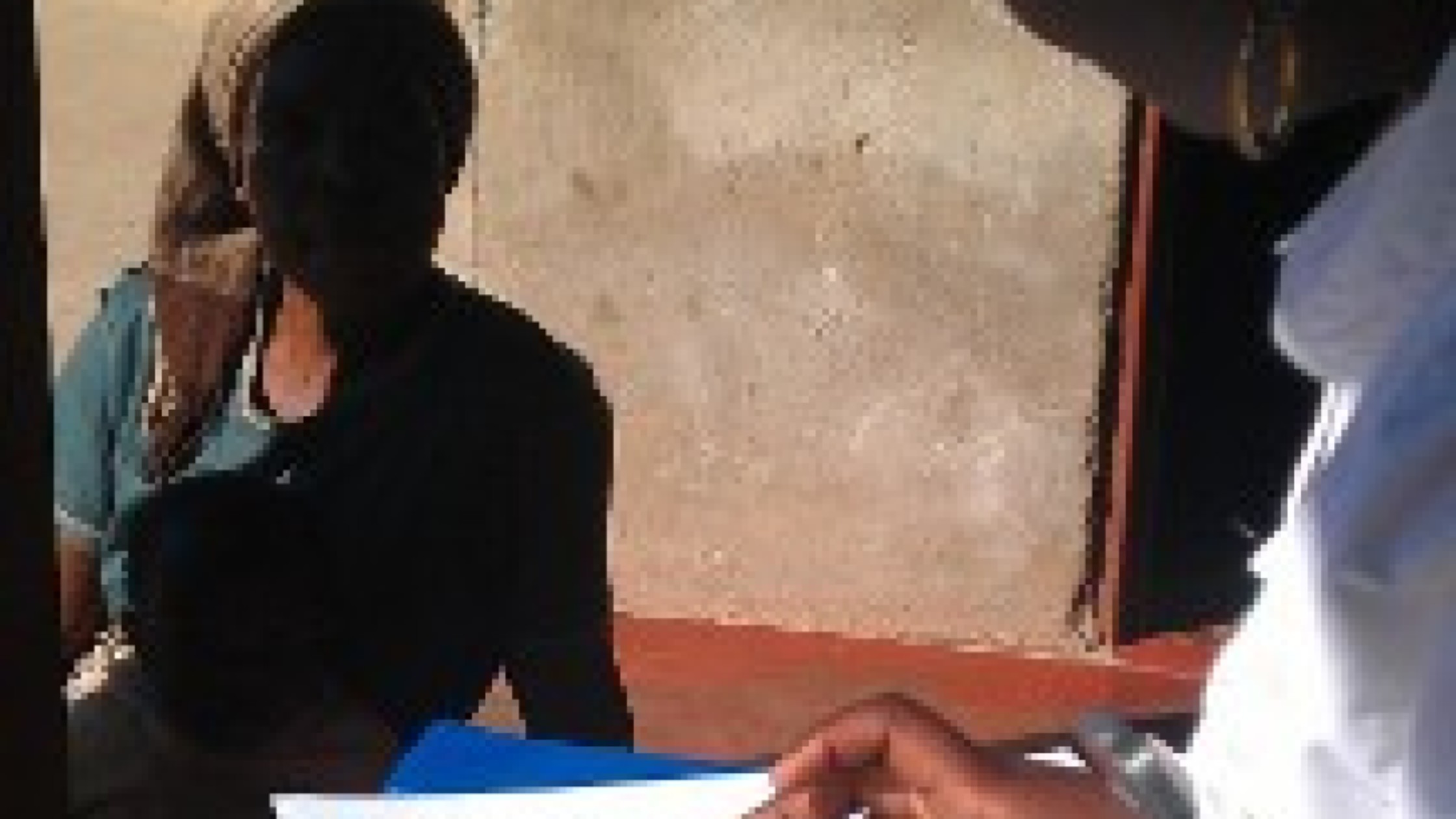A new era dawns for death registration
OK, so registering deaths isn’t at the top of every health professional’s list of glamorous and essential priorities. But actually the information that comes from accurate and complete records of deaths – who died, and why – constitutes a huge resource for evidence-based health planning and development.
In today’s world, the majority of deaths go unregistered. It’s amazing in the 21st century to have to admit that the procedures and structures needed to makes people’s lives – and deaths – count and be counted are simply not in place across most of the world. And of course the reality is that uncounted lives and deaths are mostly located in lower income countries. As I wrote in PLoS Medicine a few years ago in an Orwellian paraphrase, “all deaths are equal, but some are more equal than others”.
But things are changing. This week sees the release by the World Health Organization of the 2012 WHO Verbal Autopsy Instrument, a major new global resource for systematically recording the details of deaths. This has been developed by WHO in a global collaboration bringing together expertise from, among others, the INDEPTH Network, the Health Metrics Network, the University of Queensland, the London School of Hygiene and Tropical Medicine, the Institute of Health Metrics and Evaluation, the UCL Institute for Global Health and the Umeå Centre for Global Health Research. This new verbal autopsy (VA) instrument brings together the best aspects of many previous VA questionnaires, and also incorporates the accumulated experience of the team who have worked on developing it.
But the instrument is only half of the story for successful VA – having collected data systematically about a death, it’s vital to have good methods in place to transform those data into likely causes of death. Using physicians to do that tends to be slow, expensive and sometimes inconsistent. Over the past decade the InterVA team at Umeå University has developed a series of computerised VA interpretation models, and made them freely available for download. Output from the various models has been widely reported, for example in this PLoS Medicine paper from Agincourt in South Africa.
Now that the new WHO instrument has set out standards for conducting verbal autopsies, the InterVA team has launched InterVA-4, an updated model based on accumulated experience and reflecting the structure of the new VA standard. The PC-based version is already available for free download, and field tests are underway on a hand-held electronic version (pictured) which guides users through the VA interview process and also processes the cause of death information.
Of course making these tools available is not the same thing as registering all the world’s deaths, but it is a pre-requisite. Previously, VA has mainly been used as a research technique, but now there is a realistic vision of using these new resources much more widely for VA-based routine death registration. It’s exciting to look forward to a future where some of the global gaps in mortality data will be filled.
 Peter Byass is Professor of Global Health at Umeå University in Sweden and Director of the Umeå Centre for Global Health Research. He is a member of the PLoS Medicine Editorial Board and has led the development of InterVA models over the past decade.
Peter Byass is Professor of Global Health at Umeå University in Sweden and Director of the Umeå Centre for Global Health Research. He is a member of the PLoS Medicine Editorial Board and has led the development of InterVA models over the past decade.
e-mail: peter.byass@epiph.umu.se Twitter: @UCGHR


[…] University in Sweden and director of the Umea Centre for Global Health Research, writes in this post in the PLoS “Speaking of Medicine” blog. “This week sees the release by the World […]